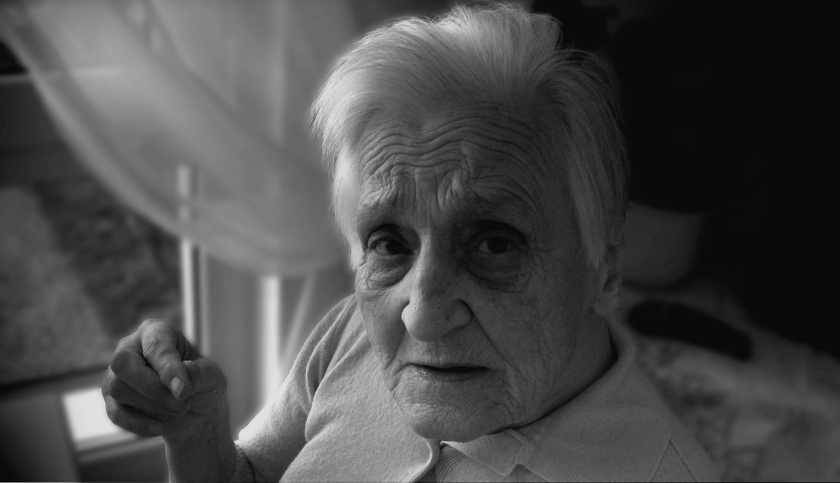Pain-detecting tool for dementia patients rolls out in UK

A smartphone-based app that uses facial analysis technology to spot chronic pain in people with dementia, called PainChek, is being rolled out in the UK by its Australian developer.
The artificial intelligence-powered tool can help care workers and clinicians to identify and manage pain in patients with conditions like Alzheimer’s disease that can make it difficult for them to communicate.
 The app is available to download from Apple’s App Store and Google Play by registered users such as healthcare professionals, and PainChek says it has already made direct sales to dementia care units in the UK.
The app is available to download from Apple’s App Store and Google Play by registered users such as healthcare professionals, and PainChek says it has already made direct sales to dementia care units in the UK.
At last count, licenses had been taken to the app by care providers representing some 50,000 beds in the UK. The app is already used in around 80% of the 180,000 aged care beds in Australia, according to a stock exchange update by the company.
At the moment, pain in dementia patients who can’t communicate their symptoms can be complex and subjective, relying on analysing behaviour such as restlessness, body language, speech and sleep patterns, appetite and other factors including facial expressions.
PainChek’s app – which emerged from research carried out at Curtin University in Western Australia – attempts to take some of the guesswork out of the diagnosis with an algorithm that gives a readout in real-time and can automatically update medical records in the cloud.
Using the smartphone’s camera, carers record an individual’s face and PainChek uses facial recognition to automatically detect muscle movements that indicate pain.
Carers are guided through a questionnaire to assess pain using a number of indicators, including vocalisation, movement, physical changes, behavioural changes, and changes in activity. The app then gives carers an overall pain score, which can be used to guide pain management and treatment methods. Typically, the whole process takes just three minutes.
PainChek notes that its app complies with social distancing requirements and infection control procedures that have been implemented during the coronavirus pandemic, minimising risks for patients, residents and their carers.
"We are now looking to extend these integration agreements into the home care sector where the majority of people with dementia currently live, as well as progressing our international expansion plans,” said PainChek's chief executive Philip Daffas.












